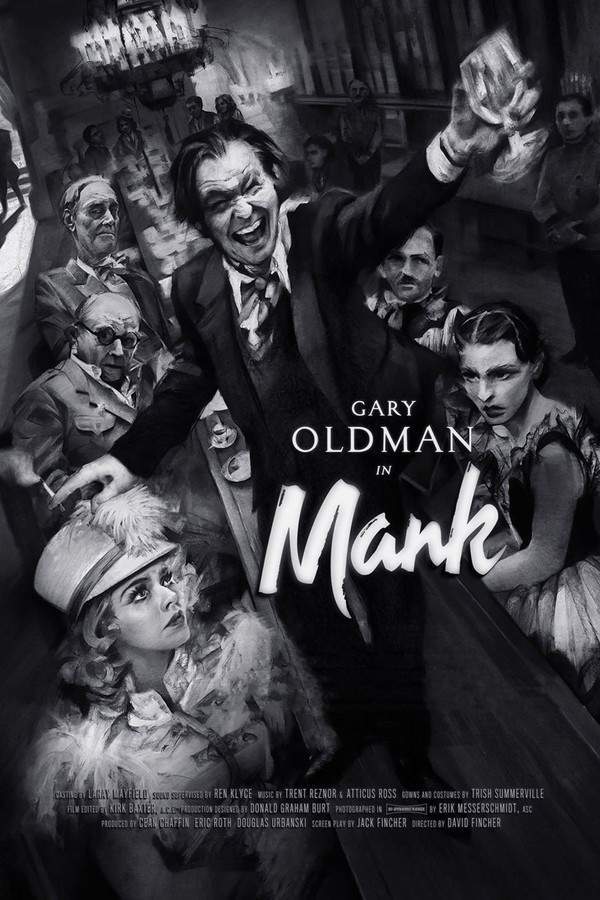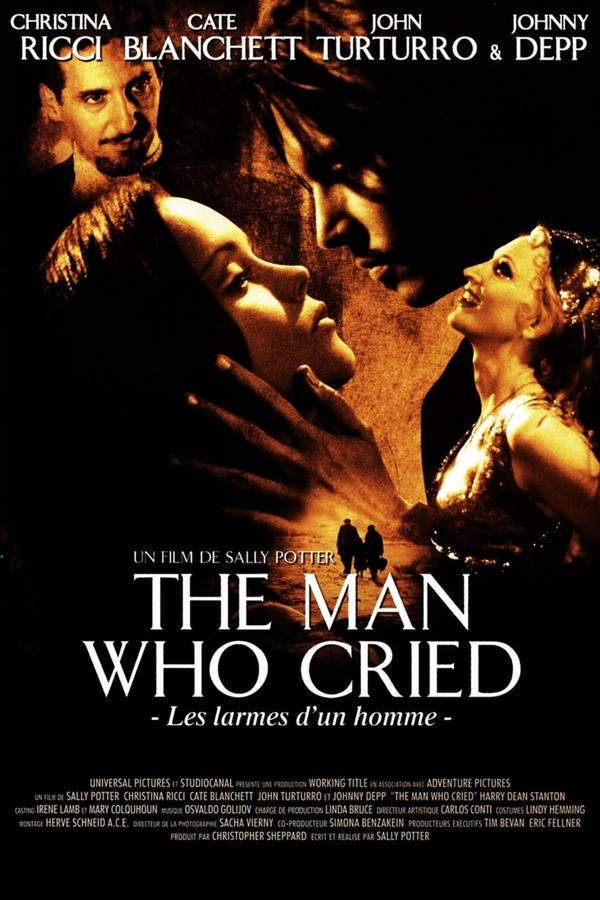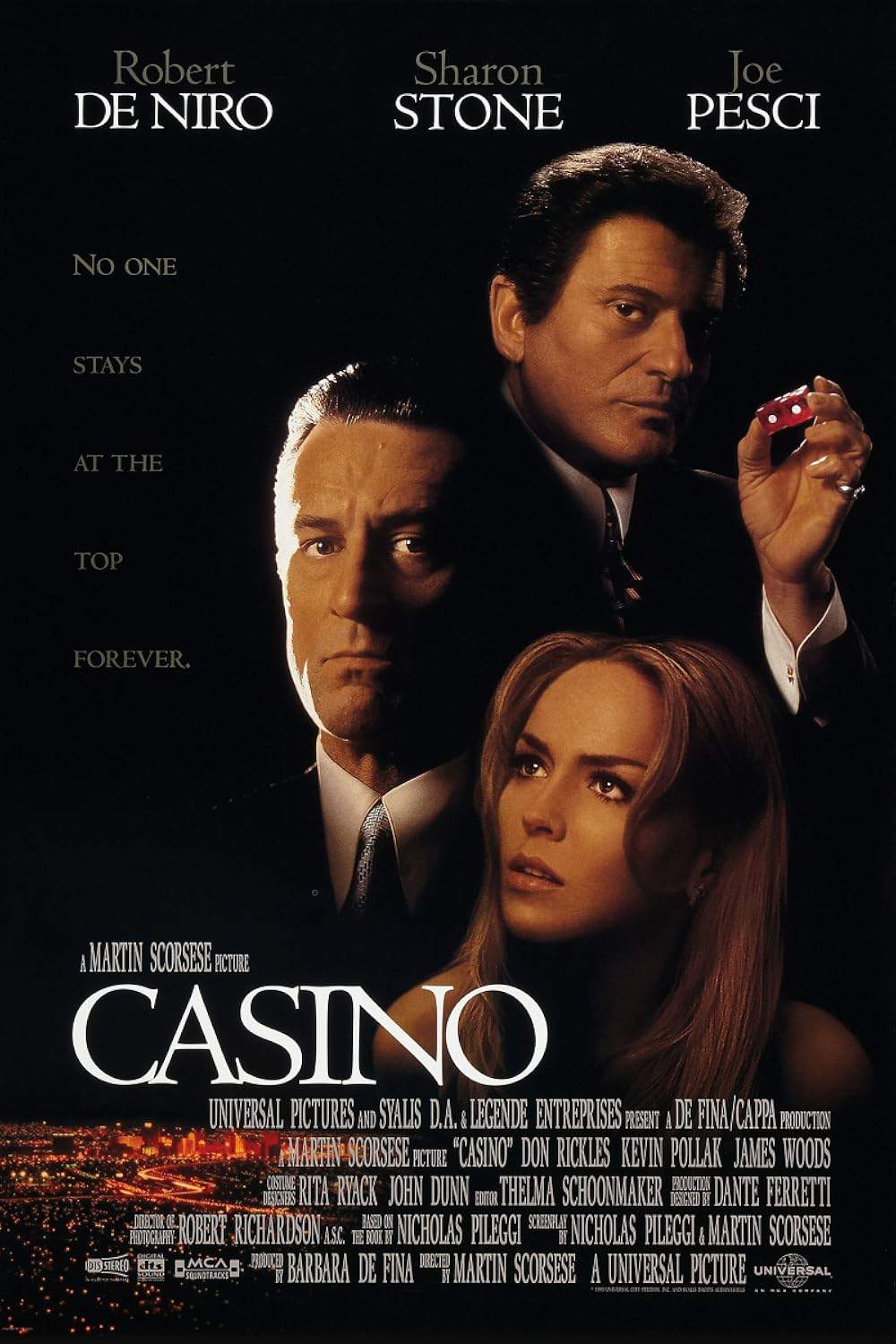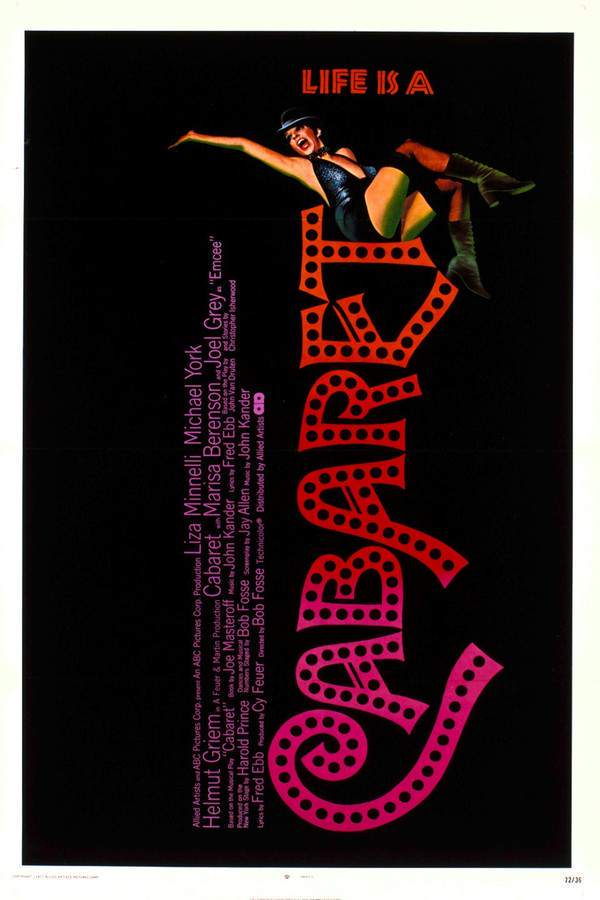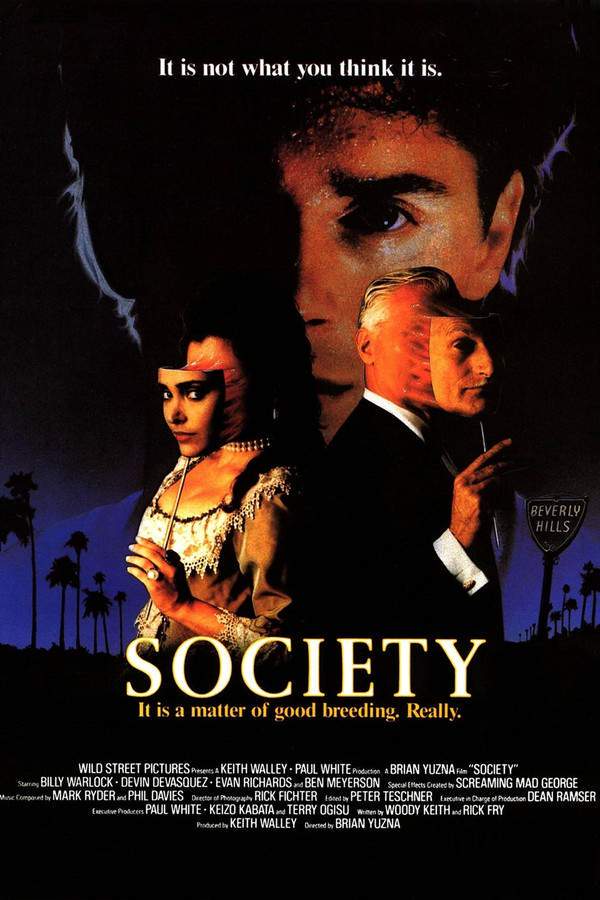Curtiz 2020
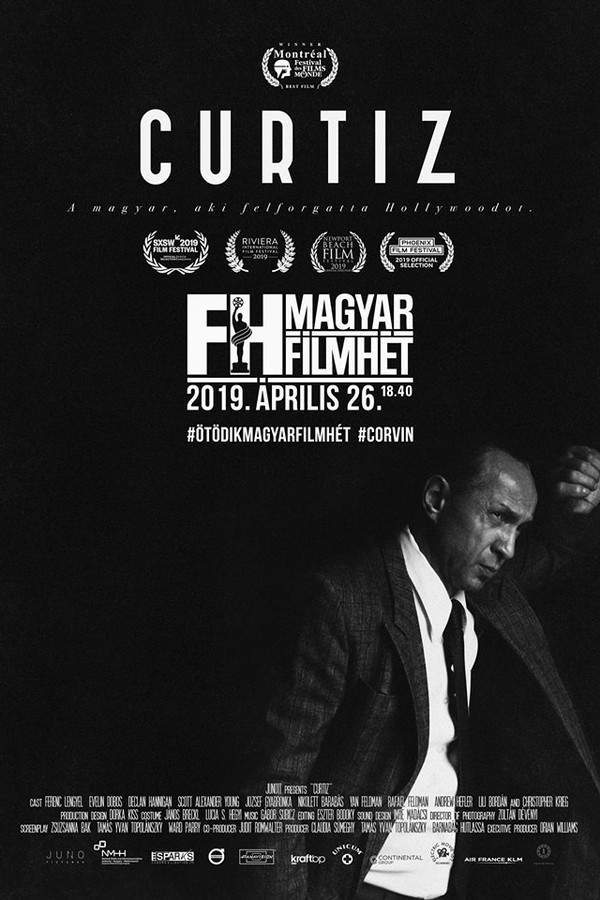
In the shadow of impending war, legendary film director Michael Curtiz finds himself battling personal demons while orchestrating the production of the classic film "Casablanca." Torn between his artistic aspirations and the pressures of Hollywood, Curtiz grapples with a fractured relationship with his daughter, adding to the challenges of bringing this iconic cinematic achievement to life. The film explores the complexities of creativity, family, and the making of a timeless masterpiece.
Does Curtiz have end credit scenes?
No!
Curtiz does not have end credit scenes. You can leave when the credits roll.
Meet the Full Cast and Actors of Curtiz
Explore the complete cast of Curtiz, including both lead and supporting actors. Learn who plays each character, discover their past roles and achievements, and find out what makes this ensemble cast stand out in the world of film and television.
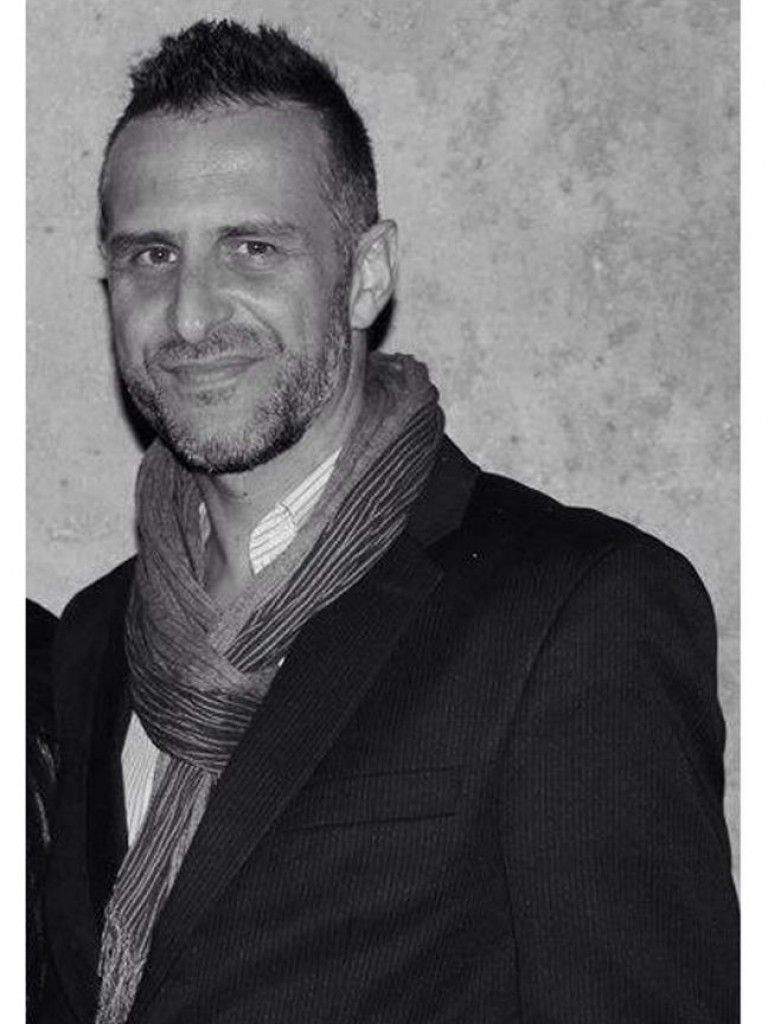
Björn Freiberg

Andrew Hefler
Jack L. Warner

Caroline Boulton
Louise Fazenda

Christopher Krieg
Conrad Veidt

Declan Hannigan
Mr. Johnson

Evelin Dobos
Kitty

Ferenc Lengyel
Michael Curtiz

József Gyabronka
S.Z. Sakall

Kata Sarbó

Lili Bordán
Irene Lee

Nikolett Barabas
Bess

Rafael Feldman
Philip Epstein

Scott Alexander Young
Hal B. Wallis
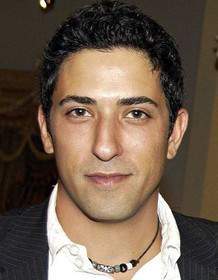
Yan Feldman
Julius Epstein
External Links and Streaming Options
Discover where to watch Curtiz online, including streaming platforms, rental options, and official sources. Compare reviews, ratings, and in-depth movie information across sites like IMDb, TMDb, Wikipedia or Rotten Tomatoes.
Ratings and Reviews for Curtiz
See how Curtiz is rated across major platforms like IMDb, Metacritic, and TMDb. Compare audience scores and critic reviews to understand where Curtiz stands among top-rated movies in its genre.

The Movie Echo Score
Overall, Curtiz presents a visually striking but narratively uneven experience. The direction and monochrome production design receive consistent commendation for their stylized homage, yet the film’s fictionalized plot and uneven character portrayals divide opinion. While some appreciate the period-appropriate aesthetic and thematic exploration of art versus artist, others find the pacing and depth lacking. The sensory elements, notably the soundtrack and sound design, are generally well-executed. In net, Curtiz offers an intriguing visual showcase with limited emotional resonance and sporadic engagement.
The Movie Echo Score Breakdown for Curtiz

Art & Craft
In terms of art and craft, Curtiz excels in its striking monochrome visuals and period-appropriate production design. Numerous reviewers highlight the film’s sustained visual flair, praising the nuanced use of black-and-white cinematography and cohesive set pieces. The measured editing and deliberate framing evoke classic studio photography, though occasional overuse of rotating camera movements felt distracting. Overall, the film’s visual approach is its most compelling attribute.

Character & Emotion
When it comes to character and emotion, Curtiz struggles to foster viewer empathy with its cast. Many note the lack of sympathetic or deeply rendered figures, and several performances convey a detached or abrasive quality that limits emotional investment. While occasional portrayals, such as the supporting elder role, demonstrate solidity, the central relationships often feel stilted and underdeveloped. The net impression is a notable deficit in emotional resonance.

Story & Flow
Regarding story and flow, Curtiz offers an uneven narrative that blends historical context with fictional contrivances. Reviewers describe moments of engaging wartime romance and thoughtful thematic exploration, though the pacing occasionally feels disjointed and sensationalized. The fictional subplot about the director’s personal life yields inconsistent commitment, leading to undercut narrative cohesion. Ultimately, the film’s storytelling maintains sporadic intrigue but falls short of sustaining sustained engagement.

Sensory Experience
In terms of sensory experience, Curtiz benefits from a carefully curated soundtrack and polished sound design that reinforce its period setting. The use of era-appropriate musical numbers is generally effective, and the integration of ambient audio complements the stylized visual presentation. Although some viewers note occasional audio imbalance or excessive musical volume, the cohesive partnership of score and cinematography delivers an immersive atmosphere that anchors the film’s aesthetic.

Rewatch Factor
When considering the rewatch factor, Curtiz elicits mixed responses regarding its lasting appeal. A subset of viewers enjoyed revisiting the film for its historical nods and polished visuals, even viewing it multiple times, while others find limited incentive to return due to narrative inconsistency and uneven character investment. Although the film’s stylistic approach may prompt repeat viewings for enthusiasts of period aesthetics, its overall replay value remains modest.


50%
TOMATOMETER

64%
User Score

6.0 /10
IMDb Rating

58
%
User Score

3.0
From 73 fan ratings
Take the Ultimate Curtiz Movie Quiz
Challenge your knowledge of Curtiz with this fun and interactive movie quiz. Test yourself on key plot points, iconic characters, hidden details, and memorable moments to see how well you really know the film.
Curtiz Quiz: Test your knowledge about the life and career of renowned filmmaker Michael Curtiz.
What prestigious award did Michael Curtiz win for his work on 'Casablanca'?
Best Picture Oscar
Golden Globe Award for Best Director
BAFTA Award for Best Director
Best Director Oscar
Show hint
Full Plot Summary and Ending Explained for Curtiz
Read the complete plot summary of Curtiz, including all major events, twists, and the full ending explained in detail. Explore key characters, themes, hidden meanings, and everything you need to understand the story from beginning to end.
The film chronicles the life of the pioneering Hungarian Academy Award winner, Michael Curtiz (originally Mihály Kertész), who earned the coveted Best Director Oscar for the iconic romantic drama Casablanca, widely acclaimed by critics as one of the finest films in cinematic history. With an impressive filmography credited to nearly 200 films, Curtiz’s persona was riddled with controversy, marked by traits such as aggression, womanizing, selfishness, and a volatile temperament.
The narrative unfolds during 1942, amid the production of Casablanca, a time when global conflicts were escalating: the attack on Pearl Harbor had ignited American involvement in World War II, and German forces were relentless in their bombing campaigns against Britain. As the shooting progressed, Curtiz found himself in a creative quagmire, repeatedly rewriting the script as time ran out. To exacerbate matters, government authorities appointed a political overseer to the production, pressuring Curtiz to reshape the storyline to better serve wartime propaganda.
In a steadfast quest for artistic integrity, Curtiz resolutely aims for the success of his film, all while grappling with significant personal strife. The peril faced by his sister, who remained in Hungary, coupled with the complexities of his strained relationship with his daughter—who reentered his life after a long absence—added layers of turmoil to the film’s production.
While the film masterfully intertwines dramatized aspects, it draws heavily from real-life events, bolstered by a wealth of anecdotes and firsthand accounts. According to screenwriter Zsuzsanna Bak, approximately 85 percent of the narrative is rooted in original occurrences, offering viewers an insightful glimpse into the turbulent yet fascinating journey of a director who changed Hollywood forever.
Uncover the Details: Timeline, Characters, Themes, and Beyond!

Coming soon on iOS and Android
The Plot Explained Mobile App
From blockbusters to hidden gems — dive into movie stories anytime, anywhere. Save your favorites, discover plots faster, and never miss a twist again.
Sign up to be the first to know when we launch. Your email stays private — always.
Watch Trailers, Clips & Behind-the-Scenes for Curtiz
Watch official trailers, exclusive clips, cast interviews, and behind-the-scenes footage from Curtiz. Dive deeper into the making of the film, its standout moments, and key production insights.
Curtiz Themes and Keywords
Discover the central themes, ideas, and keywords that define the movie’s story, tone, and message. Analyze the film’s deeper meanings, genre influences, and recurring concepts.
Curtiz Other Names and Titles
Explore the various alternative titles, translations, and other names used for Curtiz across different regions and languages. Understand how the film is marketed and recognized worldwide.
Similar Movies To Curtiz You Should Know About
Browse a curated list of movies similar in genre, tone, characters, or story structure. Discover new titles like the one you're watching, perfect for fans of related plots, vibes, or cinematic styles.
Quick Links: Summary, Cast, Ratings, More

What's After the Movie?
Not sure whether to stay after the credits? Find out!
Explore Our Movie Platform
New Movie Releases (2026)
Famous Movie Actors
Top Film Production Studios
Movie Plot Summaries & Endings
Major Movie Awards & Winners
Best Concert Films & Music Documentaries
Movie Collections and Curated Lists
© 2026 What's After the Movie. All rights reserved.











